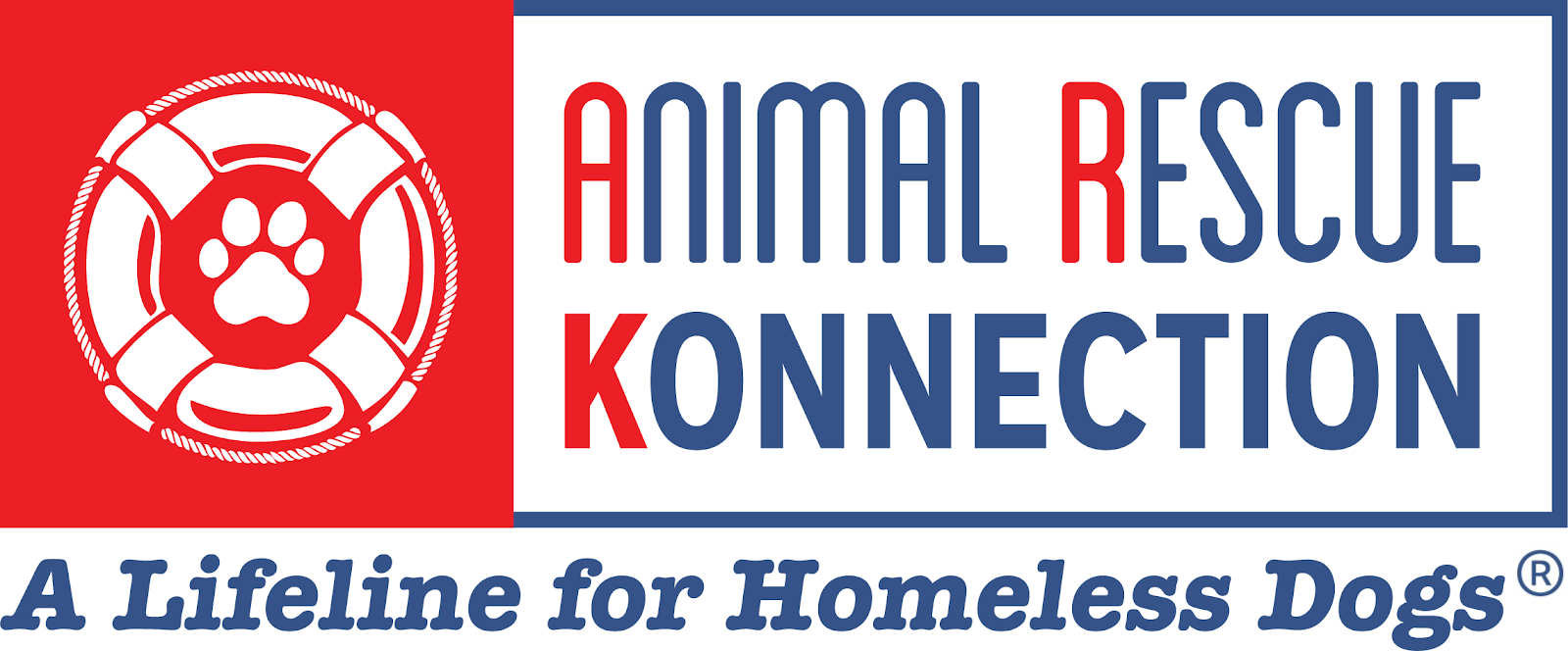Benefits of Adopting a Senior Dog

The need for senior dog adoption is great. What makes each of the circumstances creating this need even more saddening is the fact that, despite the wonderful attributes of older dogs and all the best efforts of most shelters, these dogs are frequently overlooked in favor of puppies and younger animals. The ageism that causes seniors to be passed over is a prejudice without merit, as oftentimes it’s the older dog that is best suited for a happy household and a lasting marriage of dog and family.
With an older dog, what you see is what you get. There are no surprises. Their physical size is established so there are no mysteries about whether they’ll exceed the weight limit for your apartment, and by and large, their temperament and personality are also fully developed. In other words, they’ve become what and who they are going to be.
Of course, you can expect that your dog’s confidence will blossom as he adjusts to his new surroundings and the trauma of his loss is replaced by the reassurance of knowing that you are there for him. Beyond that, however, his demeanor will be evident in a first meeting, allowing you to fairly size up how he will fit into both your lifestyle and the family dynamic.
An older dog has typically had some basic obedience training and is already familiar with the essential commands that will make life enjoyable for both of you (Come. Sit. Stay.). Equally important, he is more than likely also housetrained, unlike his puppy counterpart. If your household includes very young children, you will welcome the fact that you will not have to endure housetraining and potty training all at the same time.
That said; don’t believe the adage, “An old dog can’t learn new tricks.” It’s simply not true. If there is a special need and you are so inclined, these old dogs are eager to please and enjoy the attention and mental stimulation that your training sessions can provide.
To anyone who has ever had his favorite shoes, the furniture, an heirloom rug, or the baseboards of his house chewed with endless abandon, rejoice! This is typical puppy behavior but not at all what to expect from a normal, adult dog.
Let’s face it, as we age we all slow down a bit. You can expect an older dog to be less frisky and rambunctious than his younger counterparts, and in most cases, his requirement for exercise will be far less. This attribute alone makes the older dog a great fit for many family situations and an ideal match for the aging adult as well.
What better excuse to fire up the muscles and get outside than to walk the dog. A dog’s need to regularly relieve himself and sniff his way around the neighborhood is a great way to get the elderly out of doors, moving joints and muscles, and enabling them to see the beauty around them.
For some reason, a dog creates an invitation to talk. Walking a dog is a great way to meet one’s neighbors and to build community. For some reason, the wag of a tail has done more to break down social barriers and build friendships than anything we know.
Those of us who have been lucky enough to hold a warm dog in our arms, or share the couch or a bed with one, know the benefits of simply listening to the sound of his breath. The sound of a dog breathing has a calming effect.
Studies show the health benefits of having a pet. Among those benefits is a distinct lowering of blood pressure and anxiety. I’m not surprised. Are you sold yet?
Where to Find Your Senior Dog
There are many animal shelters and senior dog rescues across the country that have senior dogs needing homes. Visit GreyMuzzle.org for a list just some of the nonprofits helping homeless senior dogs.
If you’re not yet ready to adopt your senior, consider becoming a foster parent, a dog walker, or providing some other service or donation that will help ease the suffering of an old dog and provide him with a shot at a new beginning and the happy ending he deserves.
Written by Sherri Franklin and Liz Brooking of Muttville Senior Dog Rescue in San Francisco, CA. An excerpt from the book Your Dog’s Golden Years by Jennifer Kachnic.
